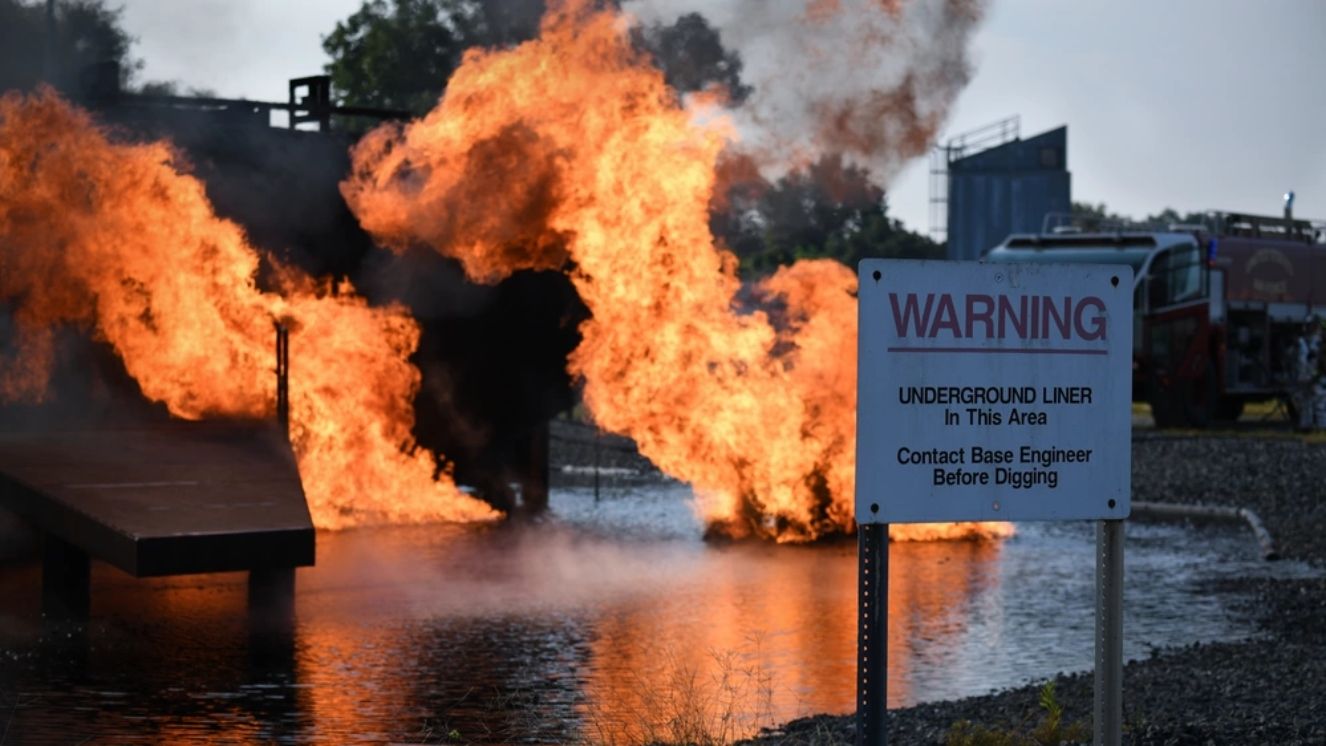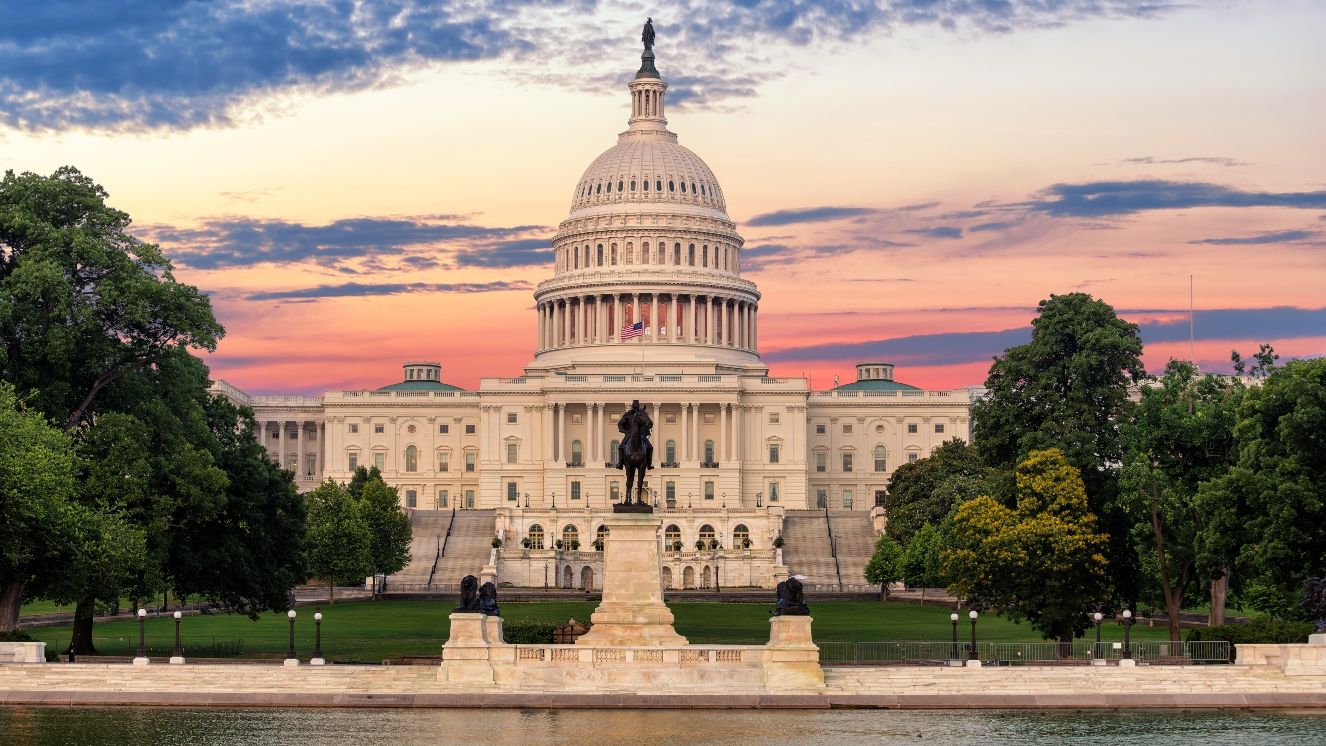VETERAN SERVICE RECOGNITION ACT COULD PROTECT YOUR CITIZENSHIP APPLICATION—HERE'S HOW IT'S DIFFERENT

Lawmakers just reintroduced the Veteran Service Recognition Act. News coverage focuses on what the bill does. Yet, most outlets miss the critical detail: this doesn't change how you become a citizen.
If you served but aren't a citizen yet, you need to understand the difference. This bill doesn't create a shortcut. It creates a shield.
What Most News Coverage Gets Wrong
Rep. Mark Takano of California brought the Veteran Service Recognition Act back to Congress. Democratic representatives Zoe Lofgren, Jerry Nadler, Lou Correa, Juan Vargas, and Raul Ruiz signed on. Republicans Amata Coleman Radewagen and Maria Elvira Salazar joined them.
Media reports make it sound like new citizenship rules. That's not what this is.
The bill protects non-citizen Veterans from deportation while they apply for status. Current law already lets you apply for citizenship through service. That process stays exactly the same.
"Those who put on a uniform and defend the United States should have a clear path to citizenship," Takano said.
True. But that path already exists through the Immigration and Nationality Act.
How Current Law Works
The Immigration and Nationality Act already lets you apply for citizenship through military service. You have two paths.
Path One: Served At Least One Year
- You served honorably for at least one year at any time.
- You need to be a lawful permanent resident when you interview.
- You prove good moral character for five years before filing.
- You pass the English and civics tests.
Path Two: Served During Combat
You served during designated combat periods. These include:
- World War I
- World War II
- Korea
- Vietnam
- The Gulf War
- September 11, 2001, to now
This path has fewer requirements. You don't need continuous residence or physical presence in the U.S.
Both paths work. Both are already law. Both let you naturalize. The problem?
You can get deported before you finish the process.
What Actually Changes
The Veteran Service Recognition Act creates protection during your application—not a new application process.
Here's what the bill does:
- If you appear preliminarily eligible for permanent resident status, immigration officials must give you a reasonable time to apply. They can't deport you until a final decision comes through on your application.
The Department of Homeland Security has the authority to grant you permanent resident status if you face removal under this act. This applies even if you have certain immigration violations on your record.
But serious crimes disqualify you—including security offenses, aggravated felonies for murder or drug trafficking, and five or more DUI convictions.
- If you have already been deported, the bill could let you return and apply for legal permanent residence if you haven't been convicted of serious crimes.
The bill requires DHS to build a comprehensive tracking system within 180 days.
This means:
- DHS must create a protocol for identifying Veterans.
- The system must maintain information about all non-citizen Veterans.
- This system gets shared across every DHS component—Enforcement and Removal Operations, Homeland Security Investigations, and the Office of the Principal Legal Advisor.
DHS must check this system before starting any removal proceedings. If someone might be a Veteran, DHS must notify a new advisory committee.
The bill also creates a Military Family Immigration Advisory Committee. This 9-member committee reviews removal cases involving service members, Veterans, and their family members.
The committee has 30 days to recommend whether to terminate proceedings, grant parole, defer action, or continue with removal. No one can be removed until the committee provides its recommendation.
Eric Holguín works as Texas state director for UnidosUS. His organization has advocated for Latino rights since 1968.
"The Veteran Service Recognition Act is critical because it ensures noncitizen servicemembers have the chance to naturalize as early as their first day of active duty," he said. "It also protects Veterans from unjust removal by requiring DHS to fully consider their service before taking any deportation action."
The Numbers Tell the Story
ICE doesn't track how many Veterans it places in removal proceedings. The agency doesn't maintain complete electronic data on these cases.
That's part of the problem the Veteran Service Recognition Act tries to fix.
The bill requires a comprehensive study. DHS must examine every Veteran who served more than 180 days and was deported since January 1, 1990. The study must include where they served, how long, what decorations they received, and why they were removed.
Military naturalization applications dropped sharply between 2017 and 2018. USCIS received about 12,000 applications in 2017. That number fell to roughly 3,500 in 2018. The drop came from DOD policy changes that reduced the number of non-citizens joining the military.
A 2019 Government Accountability Office report exposed serious gaps in how ICE handles Veteran cases. ICE didn't consistently implement its own policies, requiring additional review before removing Veterans from 2013 to 2018.
Deported Veterans face real barriers. They can't access VA benefits easily. They miss hearings to appeal VA decisions. They struggle to communicate with the agency from abroad.
Living outside the U.S. doesn't affect eligibility for VA benefits. But it affects access. The disability claims process is even slower, and some benefits become impossible to use.
Other Benefits in the Bill
The Veteran Service Recognition Act includes several provisions beyond deportation protection.
Military Entrance Processing Stations would staff immigration experts. Each MEPS would have a USCIS employee or trained DOD personnel to inform recruits about naturalization options from day one.
Service members could apply for citizenship immediately. The bill lets you file naturalization applications on your first day of active duty or service in the Selected Reserve. No waiting period.
Certification processing gets a deadline. The military would have 30 days to issue the required certification form for your citizenship application. Currently, no deadline exists.
Judge Advocate General lawyers get specialized training. JAG officers would receive training to serve as liaisons with USCIS for citizenship applications.
Military recruiters must explain the citizenship process. All recruiters would receive training on naturalization steps, family member limitations, and emergency immigration contacts.
Contingency operation service counts toward naturalization. Anyone who served honorably in support of a contingency operation could naturalize under the same expedited process as those who served during designated hostilities.
Family members of citizen service members get help too. Immediate relatives of U.S. citizen service members who served at least two years could adjust status more easily, with certain inadmissibility grounds waived.
Why This Matters Now
Some Veterans served honorably. Some got deported for minor violations before finishing their citizenship applications. ICE couldn't even say how many Veterans it removed because it didn't track the data.
If the Veteran Service Recognition Act becomes law, these systemic failures would face real accountability measures.
The bill passed the House during the 117th Congress with bipartisan support. It didn't advance in the Senate.
This version sits before the House Committee on Veterans Affairs now. Rep. Mike Bost of Illinois chairs the committee. His office confirms they're reviewing it.
What Happens Next
The bill needs committee approval first. Then a full House vote. Then the Senate committee review. Then a Senate floor vote.
Republicans control the House. That could slow things down. Takano thinks bipartisan support for Veterans transcends party lines. Previous support suggests he might be right.
Timeline? Committee reviews typically take weeks or months. The full passage could take longer.
Will it apply retroactively? The bill calls for studying Veterans deported since January 1, 1990. The bill's study requirement suggests lawmakers are considering retroactive provisions. The final version could go either way.
What You Should Do
Don't wait for the Veteran Service Recognition Act to pass.
- If you're serving now, talk to your chain of command about Form N-426. That's the Request for Certification of Military or Naval Service. Your command certifies your honorable service. You submit it with your citizenship application.
- If you are already separated, get your DD Form 214 or discharge paperwork ready. You'll need copies for your application.
Your installation has a USCIS liaison. Find them through your community service center or Judge Advocate General's office. They help with naturalization applications.
The USCIS Military Help Line can be reached at 877-247-4645. Representatives answer Monday through Friday, 8 a.m. to 8 p.m. Eastern.
The Veteran Service Recognition Act might pass. It might provide crucial protection. But it won't replace the work you need to do yourself.
Start your application now. Don't gamble on Congress doing it for you.
Suggested reads:
BY GAYLEEN SWIGGUM
Veteran & Military Family Life Writer
Gayleen Swiggum is an Air Force veteran, military spouse, and lifelong military kid who has experienced military life from nearly every perspective. Gayleen holds a Master of Science degree in Logistics and Supply Chain Management from the U.S. Air Force Institute of Technology, along with a Bachelo...



